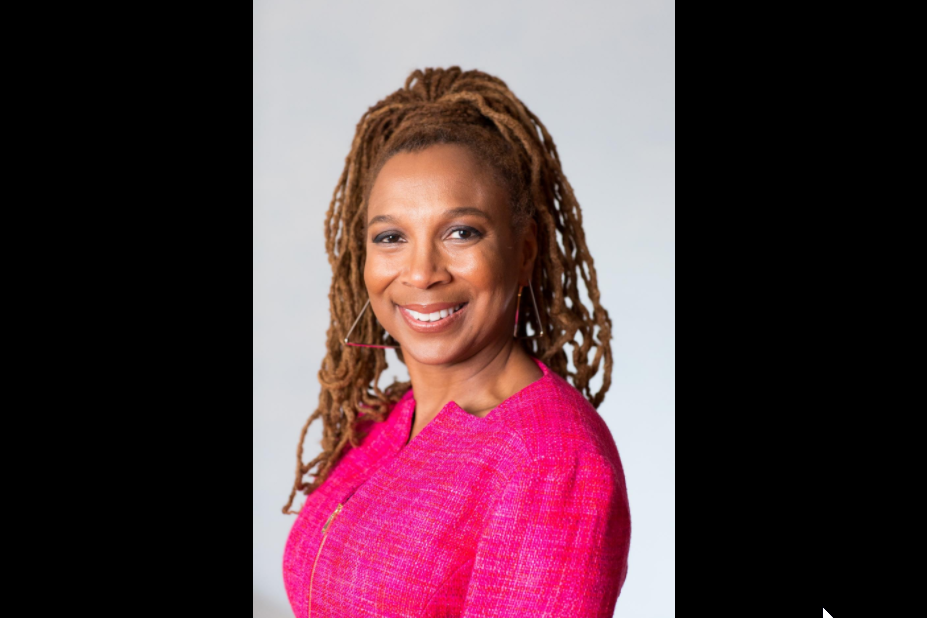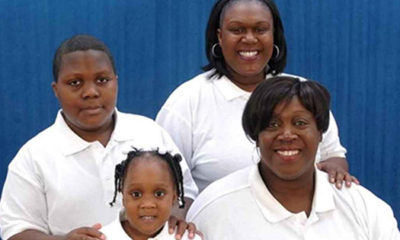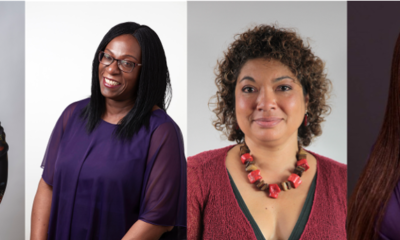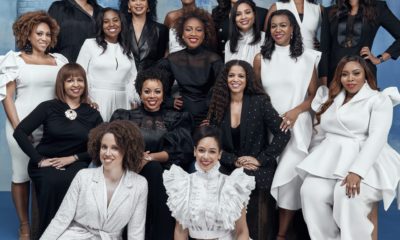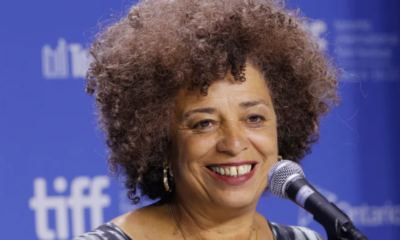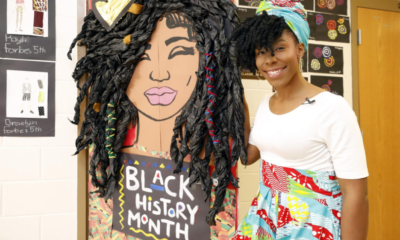Featured Articles
Kimberle Crenshaw: Women, girls of color cannot wait for trickle-down equality
Canton town hall to address race, gender discrimination they face each day.
When I was a kindergartner in Canton, my teacher led the class in a weekly fairy tale role-playing game, which abounded with characters that included magic mice, horses, evil witches and the coveted role of Princess Thornrosa. On the last day of school, when despite my repeated entreaties my teacher still had not chosen me to play Thornrosa, my heart was broken and I could not stop sobbing long after I got home from school.
My parents soon learned that I learned all too soon a lesson they had hoped I would be spared. Like so many other little black girls, I had come to recognize that as far as this society was concerned, I was not princess material. There would be no pedestal for me.
Memories like these shaped my understanding of race and gender for the rest of my life. At the same time, I know my experience pales in comparison to many black girls in Canton and across the country, those who routinely are subjected to discriminatory school discipline, expulsion, incarceration and sexual assault.
I have been extremely lucky. I had a fierce champion in my mother, who vigilantly knocked down all obstacles that came into my path. Even today, my family’s commitment to education and equality is commemorated throughout Canton, such as the Crenshaw Junior High School and the Marian Williams Crenshaw wing at Hartford Middle School. I count it as a privilege to be able to shine a light on the conditions of others like me who weren’t so lucky, those women and girls who, continue to face devastating barriers to equality across our great nation.
The challenges facing black women and girls are often the last concerns to be mentioned — if they are brought up at all — in conversations about gender and race in our society. Too often this leads to the false assumption they must be doing well. But silence is not a measure of well-being. Across the country, women and girls of color experience a wide range of systematic injustices, and Canton is no exception to the rule.
Since 2014, my organization — the African American Policy Forum — has been giving women of color across the country a platform to share their testimony through “Breaking the Silence: A National Town Hall Series on Women and Girls of Color.” Bringing this work back home to where it all began for me, AAPF will be holding a town hall Saturday in Canton. Women and girls will speak across a range of issues — including health, education, violence and criminalization — in an effort to bring the circumstances facing women and girls of color out of the shadows and squarely into public policy debates.
The data reveal the systemic discrimination our sisters encounter from the cradle through old age. In order to expose how black girls and other girls of color are hurt by the school-to-prison pipeline, in 2015 AAPF released the groundbreaking report “Black Girls Matter: Pushed Out, Overpoliced and Underprotected” that revealed how black girls across the country face staggering disparities when it comes to suspension and expulsion. Nationally, black girls in public schools are six times as likely to be suspended as their white counterparts, and more than one in three do not graduate on time from high school. More recent data show that these disparities are even greater in the Midwest.
For example, Department of Education data show that black girls are 10 times as likely to be suspended as their white peers. Black girls in Ohio are subject to shockingly routine violence in school, with nearly half reporting a physical fight in the past year. Black girls are the fastest growing population in the juvenile injustice system and are four times as likely to be arrested in school as white girls.
On top of experiencing racial inequities that parallel those confronting men and boys, women and girls of color face unique challenges due to their gender. These gender-specific burdens, which can push girls onto the school-to-prison pipeline, include teen pregnancy, sexual assault, harassment and care-taking responsibilities. Black Women’s Blueprint found that close to 60 percent of black girls are victims of sexual assault by the age of 18. Due to the additional responsibilities of child care, only half of teen mothers finish high school by the age of 22, compared to 89 percent of girls overall.
Public concern for the needs of boys and men of color has prompted a variety of public and private initiatives, yet the challenges facing girls and women of color have not garnered a similar level of investment. Forums like the Canton town hall form an integral part of our Why We Can’t Wait campaign, which calls for equal funding and support to address the opportunity gaps for all people of color.
Clearly, a crisis is facing our girls and our boys, our men and women. Addressing racial inequality for all people of color is imperative to bending our nation’s moral arc toward justice. Women and girls cannot wait for trickle-down …
Please read original article – Kimberle Crenshaw: Women, girls of color cannot wait for trickle-down equality



